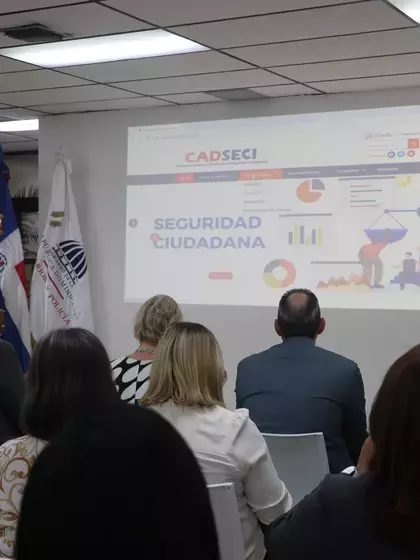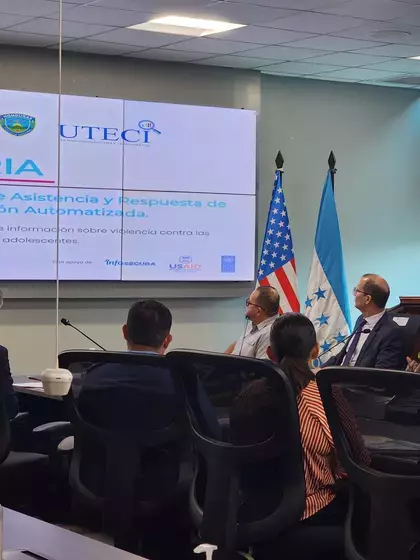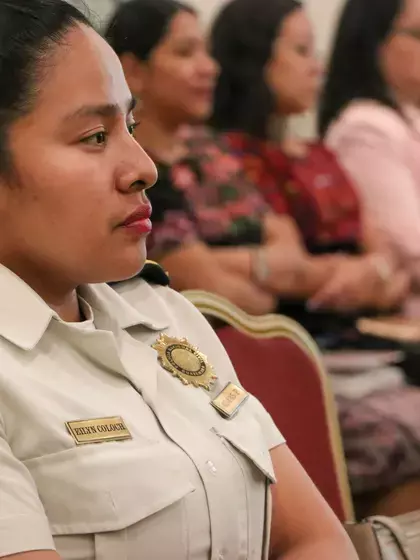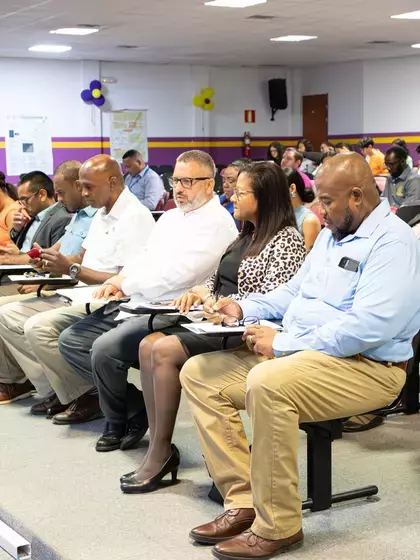Fifth Regional Forum of the CONOSE Network

A space was provided for governments, academia and civil society to discuss and reflect on the many ways that research can generate evidence to inform the design and enhance public policies on violence and citizen security. CONOSE Network held the Fifth Regional Forum 2022, called, "Central America in the face of violence: dialogues and developments in prevention and security in the region," on June 23 and 24 in the city of Antigua Guatemala. Over the course of two days, 16 papers on the state of citizen security in the region were presented to foster debate and encourage collective reflection.
In the conference keynote, Javiera Blanco delved into the topic of citizen security and violence prevention. This was followed by several panels on different topics of interest. The first was on territory and citizen security, with Silvia Mendoza, Analyst of the UNDP InfoSegura Project in Guatemala who outlined methodologies for targeted analysis and prioritization indexes at the local level developed by the project. The second panel analysed the role of States in matters of citizen security and violence, with the participation of distinguished specialists José Luiz Ratton and Ignacio Cano. The third block focused on the issue of youth, while the fourth focused on the analysis of violence against women and girls in the region. Marcela Smutt, Regional Coordinator of the UNDP InfoSegura Project, analysed the "Challenges for the incorporation of the gender perspective in citizen security," drawing on evidence based on evidence available to the project.
The Citizen Security Knowledge Network (CONOSE) comprises institutions of higher learning, think tanks and non-governmental organizations in Central America and the Dominican Republic, seeking to promote and improve institutional capacities, professional competencies and the production of evidence-based knowledge on citizen security and coexistence. Created six years ago with the support of the UNDP InfoSegura Regional Project and USAID, the Network promotes training and analysis to advance a comprehensive understanding of violence in the region, the underlying factors of crime, the new dynamics of insecurity and the impact on people's lives.





